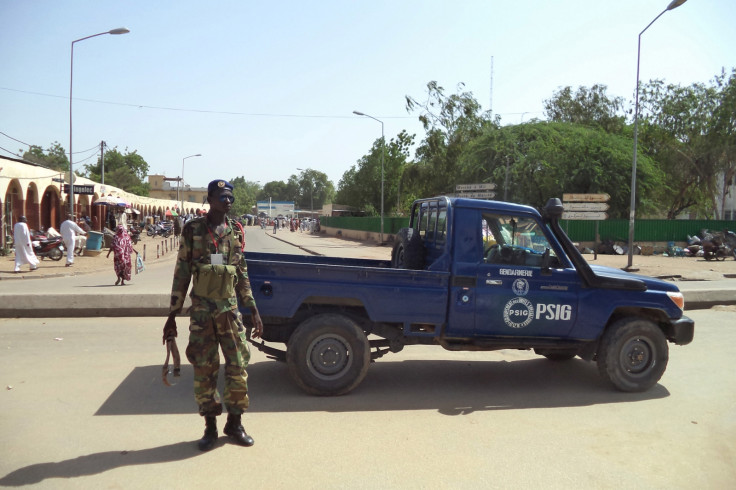UN advice on how to spot a suicide bomber: Watch out for a fresh shave or unusual perfumes

The United Nations has reportedly told its staff in Chad to watch out for people sporting an unusual perfume or a face tan broken by a freshly shaven beard, unveiling a lighter skin shade, as they could be aspiring suicide bombers.
In recommendations issued in early July, the UN Department of Safety and Security (UNDSS) explained jihadists often shave before carrying out an attack in a public place, to better blend with the crowd, and are also known to spray themselves with scents as part of pre-martyrdom rituals aimed at preparing the attacker for heaven.
The advice was part of security guidelines the UNDSS released to all UN System members working in the African country, after a deadly suicide bombing in the capital, N'Djamena, earlier in July.
At least 14 people were killed and more than 70 injured in the explosion at a crowded local market, which was claimed by Nigeria's Islamist group Boko Haram. A month earlier, a series of suicide attacks in the city left more than 20 dead.
"This notice aims to provide you with helpful indications to detect a suspect individual whose attitude suggests he might be carrying an improvised explosive device," the document obtained by Le Monde newspaper read, adding it was published "in the context of recurrent suicide attacks in N'Djamena and the whole country".
The message was followed by a 16-point list warning staff to be wary of people wearing cumbersome, heavy clothing despite hot weather, or an excessively baggy outfit suitable to conceal a bomb.
Would-be attackers also sweat a lot, because of both tension and the aforementioned unseasonable gear, the document said.
People who talk to themselves, look over-focused or spaced out and walk with determination towards a possible target are also possible jihadists.
A disproportionate silhouette, with a particularly big torso, or a bag or backpack held with unusual firmness are also indicators the man could be carrying an explosive device, according to the UNDSS
IBTimes UK contacted the UNDSS but receive no reply at time of publishing.
© Copyright IBTimes 2025. All rights reserved.




















